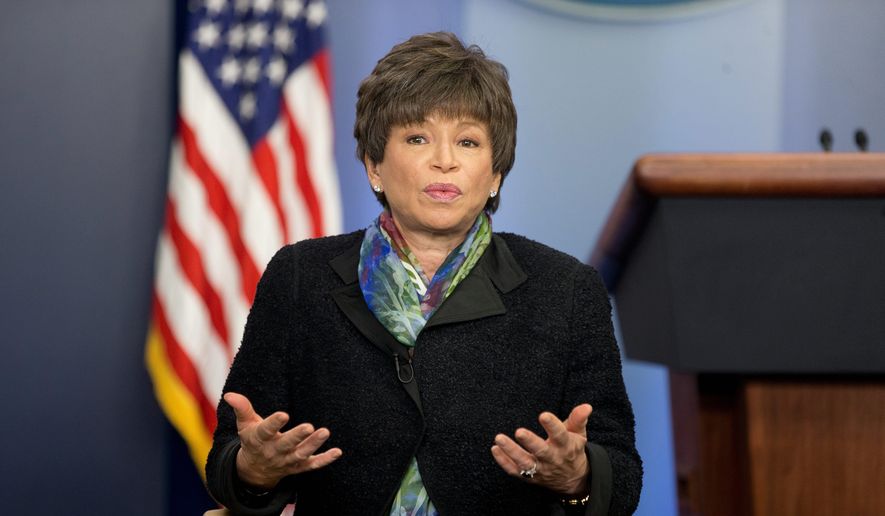President Obama on Monday will sign an executive order requiring all federal contractors to offer their employees at least one hour of paid sick leave for every 30 hours worked, the White House announced Sunday.
The Labor Day action, officials said, is designed to show that Mr. Obama is determined to pass his economic agenda despite resistance in Congress. In a Boston speech Monday morning, the president also will call on lawmakers to raise the national minimum wage, enact equal pay legislation and take other steps the administration says will both help workers and spur economic growth.
The executive order will benefit about 300,000 people currently working under federal contracts, the White House said. It will allow employees to earn up to seven days of paid sick leave each year, with the rules going into effect in 2017 and only applying to new federal contracts from that point on.
“We are still the only developed country in the world that doesn’t have a paid leave policy and that needs to change if we want to continue to be globally competitive,” White House senior advisor Valerie Jarrett told reporters on a conference call Sunday. “While we’re waiting for Congress to do their job, President Obama is doing what he can to expand access to this basic workplace protection.”
The paid sick leave policy not only will protect workers if they fall ill, it also will allow them to miss work and still get a paycheck if a family member gets sick or if they need to seek counseling or other services after being stalked, assaulted or sexually abused, the White House said.
Monday’s step is another example of Mr. Obama using his executive authority to change the way the federal government conducts business with private companies. Last year, the president signed an executive order requiring all contractors be paid at least $10.10.
The White House has urged Congress to raise the national minimum wage to $10.10 for all workers, but so far the issue has gone nowhere on Capitol Hill.
In defending its latest step, administration officials say individual workers won’t be the only beneficiaries. They argue that the broader economy will benefit from happier, healthier workers, and that individual companies will benefit because sick workers won’t feel compelled to come to the office simply so they don’t miss a paycheck.
“It’s good for business, it’s good for workers and ultimately it’s good for taxpayers, at the end of the day,” White House Domestic Policy Council Director Cecilia Munoz told reporters.
The president will announce the new rules during a speech at a Greater Boston Labor Council breakfast. The Labor Department will release a formal rule next year, officials said.
• Ben Wolfgang can be reached at bwolfgang@washingtontimes.com.




Please read our comment policy before commenting.